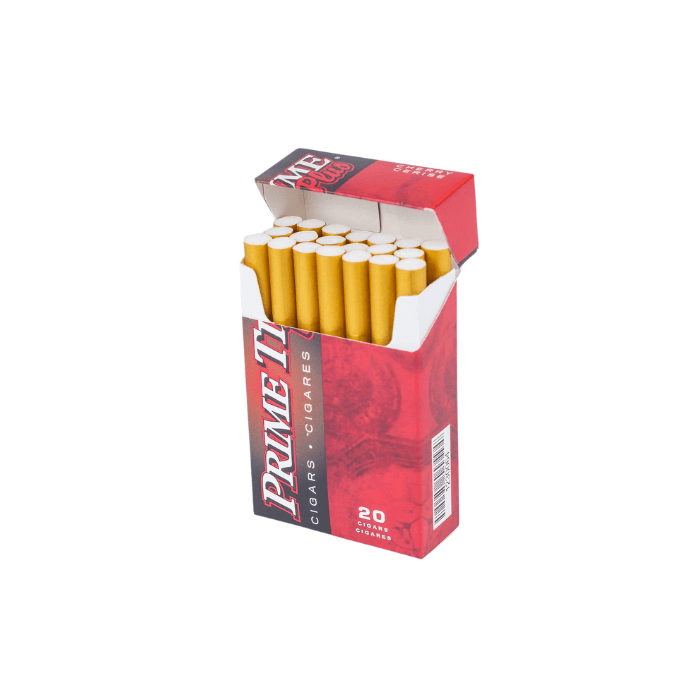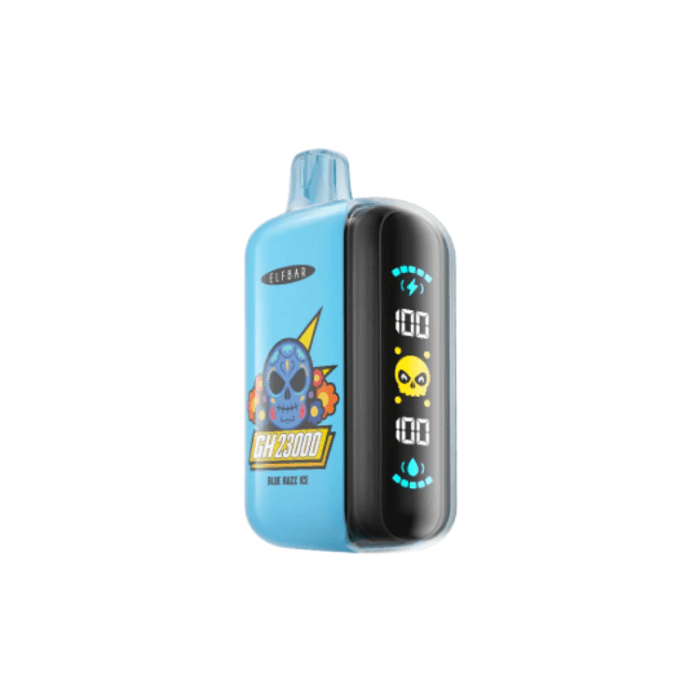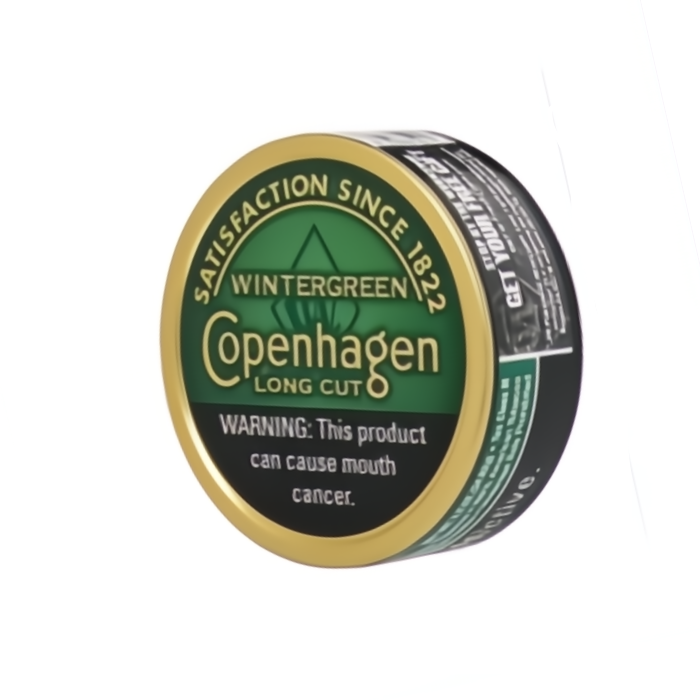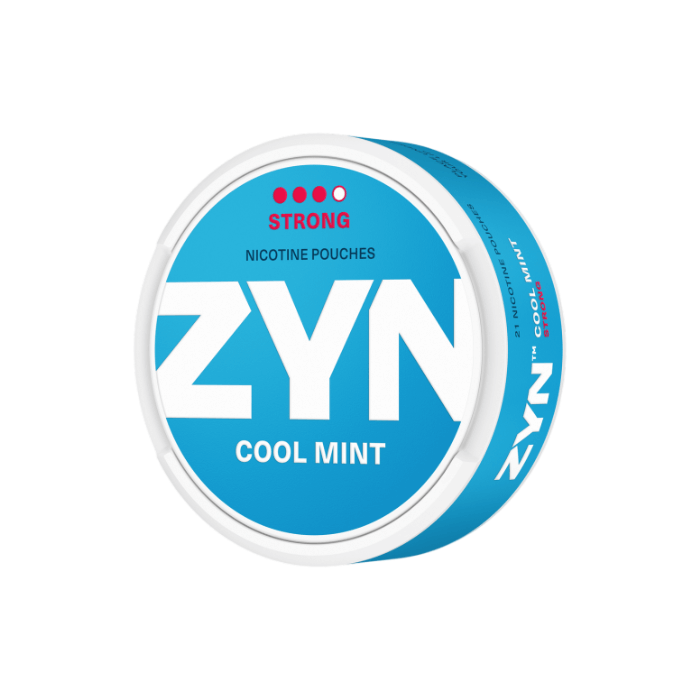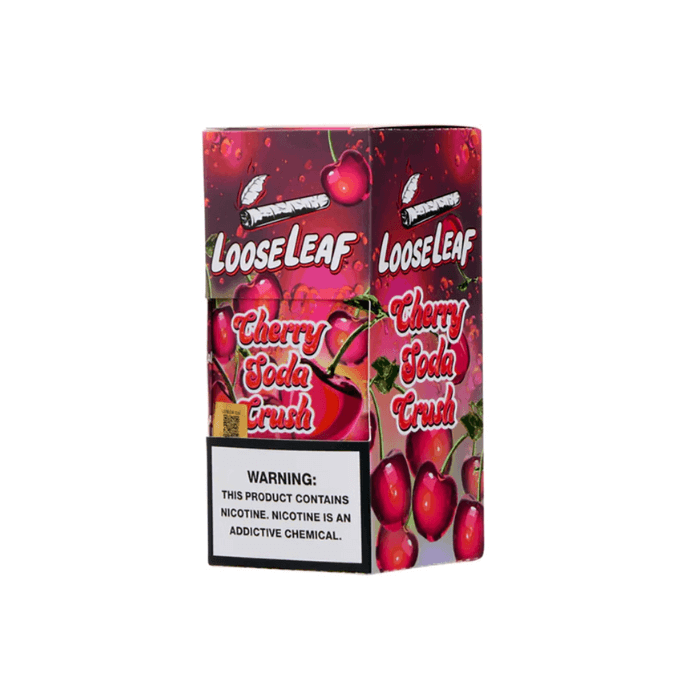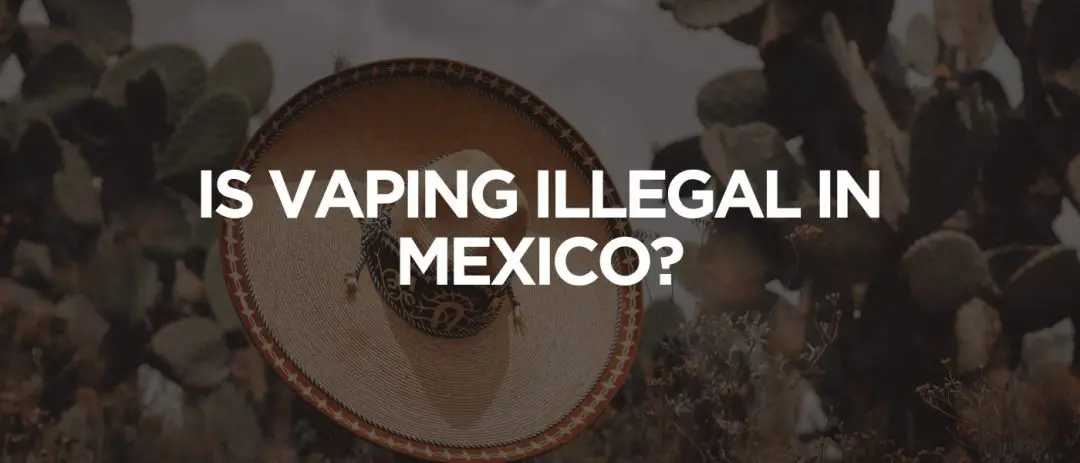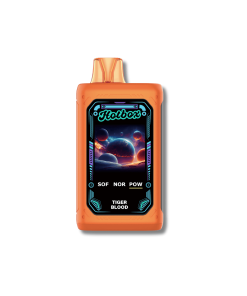If you’re planning a trip to Mexico, one of the questions you might be asking yourself is whether vaping is actually legal there. Rules around smoking and nicotine products can feel a little tricky, especially when you’re traveling. This guide breaks it all down so you know exactly what to expect, from the current laws to why these restrictions exist, and how it could impact Canadians visiting the country.
Is Vaping Really Illegal in Mexico?
Yes, vaping is banned in Mexico. The government has put strong restrictions in place that make selling, importing, and even carrying e-cigarettes or vapes against the law. While traditional tobacco products like cigarettes are still legal, vapes fall under a different category. Canadian travellers should know that bringing a vape into Mexico could lead to fines, confiscation, or other legal issues.
It’s important to understand that these rules are not just about public use. Even if you don’t plan on vaping openly, just having one in your luggage can put you at risk of losing it to customs or facing penalties.
2023
In 2023, Mexico made a decisive move against vaping by expanding its efforts to regulate the market. The government treated electronic smoking alternatives separately from tobacco, making it clear that e-cigarettes could not be imported, sold, or advertised. For Canadians visiting, this meant that bringing a vape across the border could lead to confiscation or even fines.
Enforcement quickly became a priority, with customs agents instructed to check luggage closely. While tobacco products still had a legal space in the market, vaping was shut out completely. This was a crucial year that signaled to every person traveling into Mexico that vaping was no longer just a casual option—it was now off the table.
2024
By 2024, enforcement of the vaping ban was even stronger. Authorities placed more pressure on businesses to avoid carrying any imported vaping products, and convenience stores were regularly inspected. Efforts to regulate nicotine alternatives became part of Mexico’s larger public health strategy, something advocates for tobacco control openly supported.
Canadian travellers noticed the difference right away. Even trying to bring in vape accessories could trigger confiscation at customs, reminding consumers that these rules weren’t just symbolic. For many, it became clear that the only legally available option was traditional tobacco products, reinforcing Mexico’s stance on how it wants the market structured.
2025
Now in 2025, enforcement continues to shape the country’s approach. Businesses know better than to risk selling vaping products since penalties and fines are still in place. The government has focused on health concerns by sticking to traditional tobacco regulations while keeping e-cigarettes banned from import.
For a Canadian consumer planning a vacation, understanding these rules is crucial. Customs checks remain strict, and every person arriving is expected to follow local laws. Mexico has shown no sign of easing its enforcement efforts, making it clear that vaping is not part of its legal market. Instead, the emphasis remains on tobacco as the only legally available option for those who choose to smoke.
Why Is Vaping Illegal in Mexico?
Mexico’s decision to ban vaping devices and electronic cigarettes wasn’t random. The government has been shaping a strict legal landscape around nicotine and smoking alternatives, and the rules affect both locals and travellers. For Canadians visiting, it’s important to understand why such products are off limits and how local laws are being enforced in places like Mexico City.
Here are the main reasons behind the ban:
- Public health concerns: The World Health Organization has raised questions about the long-term health risks tied to e cigarettes and e liquids. Mexico responded by focusing on public health protections, especially for young people who might see vaping products as trendy or harmless.
- Confusion in the legal landscape: The regulations around vaping devices have shifted quickly, with a presidential decree making them illegal nationwide. What may look like a legal grey area to travellers is actually very clear once you cross the border: customs officials can seize e cigarettes at the airport.
- Black market activity: With vape shops and convenience stores banned from selling e cigarettes, a black market has developed. The government has linked this underground trade to synthetic drugs and other illegal products, reinforcing why such products remain banned.
- Market control and cigarettes: Mexico allows the sale of traditional cigarettes but keeps e cigarettes and vaping devices off the shelves. By limiting what’s available in stores, the government controls distribution more effectively and avoids unregulated sales of vaping products.
- Personal use restrictions: Even if you only carry a vape for personal use, local laws don’t make exceptions. Bringing one into Mexico City or anywhere else could put you in trouble. The rules make both nicotine and non-nicotine vaping devices off limits.
- Global context: Mexico isn’t the only country taking a hard stance. Even Bangladesh has banned e cigarettes entirely, showing how the latest regulations around vaping products are becoming stricter worldwide. Travellers are encouraged to stay informed since every country has its own approach.
Mexico’s approach shows that vaping is more than just a trend being restricted. It’s a public health choice rooted in how the government views risk, regulation, and safety. For Canadians, it means planning ahead, because cigarettes may be legal there, but vaping devices remain banned no matter the situation.
Frequently Asked Questions
Is vaping illegal in Mexico?
Yes. Vaping devices and e cigarettes are banned nationwide under Mexico’s current legal landscape. The ban applies to selling, importing, and carrying them for personal use.
Are vapes allowed in Mexico?
No, vapes are not legally allowed in Mexico. The rules cover all vaping devices, e liquids, and accessories, and enforcement is strict at customs.
Can I bring my vape into Mexico?
No. If you try to import a vape, customs officials can confiscate it. In some cases, travellers may also face fines for ignoring local laws.
Can I bring my vape to Tulum, Mexico?
No. The ban applies across the country, including popular tourist spots like Tulum. Even though the vibe there feels relaxed, the vaping rules are still enforced.
Can I bring my vape to Mexico in 2025?
No. As of 2025, the presidential decree banning vaping products remains active. For Canadian travellers, it’s best to leave your vapes at home and stock up on alternatives before your trip.
Summary
So, is vaping illegal in Mexico? Yes, and the ban has stayed firm through 2023, 2024, and 2025. For Canadians, this means you can’t bring vaping devices into the country and you’ll need to think ahead before you travel. Cigarettes remain legal there, but vapes are strictly off limits under Mexican law.
That’s why it’s so important to stock up at home before you go. NativeSmokes4Less is the most trusted source of high-quality vape and tobacco products in Canada. Whether you’re looking for something convenient for daily use or just want to make sure you’re fully prepared, we’ve got you covered. Ordering from us means you’ll always have what you need on hand, delivered right to your door, with the confidence that you’re getting authentic, reliable products.


